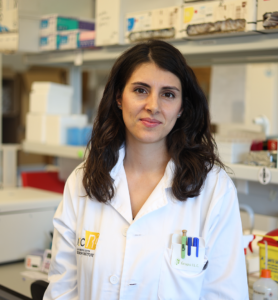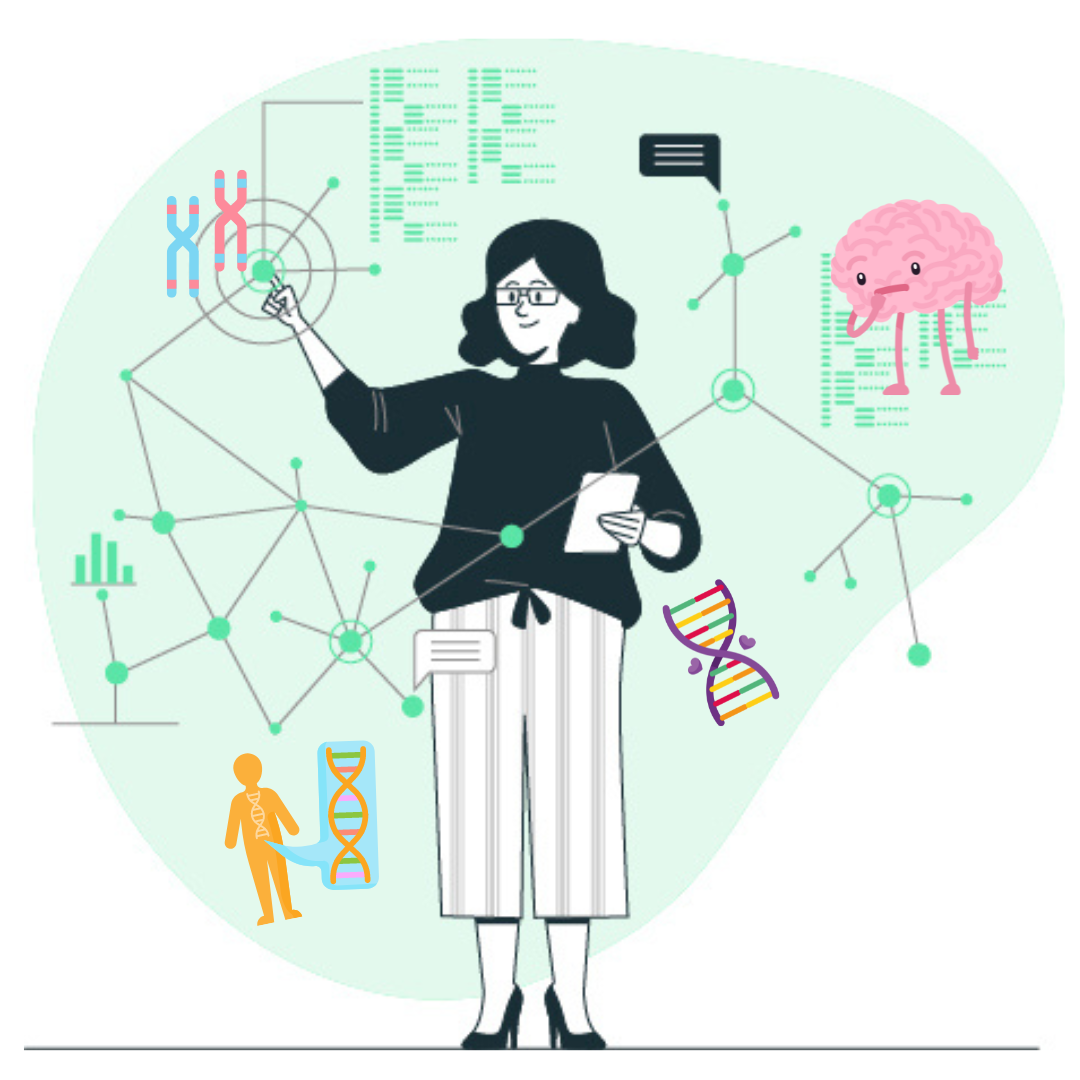CHROMOSOME SEGREGATION IN DISEASE
The “Chromosome Segregation in Disease” Lab studies how the processes involved in chromosome segregation contribute to the etiology of human diseases, particularly rare syndromes.
Several studies, including ours, unravelled that many genes identified in developmental disorders with clinical manifestations in the brain (e.g. primary microcephaly) encode proteins involved in mitotic machinery or functions related to the cell cycle regulation. Despite mitosis being a ubiquitous cellular process, it remains puzzling why the brain is frequently affected. Our lab aims to find new answers to “What makes the brain uniquely vulnerable?”. Here, we aim to understand the reasons that render brain development more susceptible to defects in the mitotic machinery.
Also, age-associated neurodegenerative diseases are associated with aneuploidy. Yet, remains unclear the routes to aneuploidy that underlie these pathologies, including neurodegenerative rare syndromes.
More information about the lab here.

Sara Carvalhal
Principal Investigator (Júnior)

Core Techniques
Genetic Tools
Biochemistry Assays
Models Used
Cell Lines/IPSC
Cloud Data





